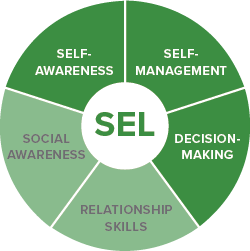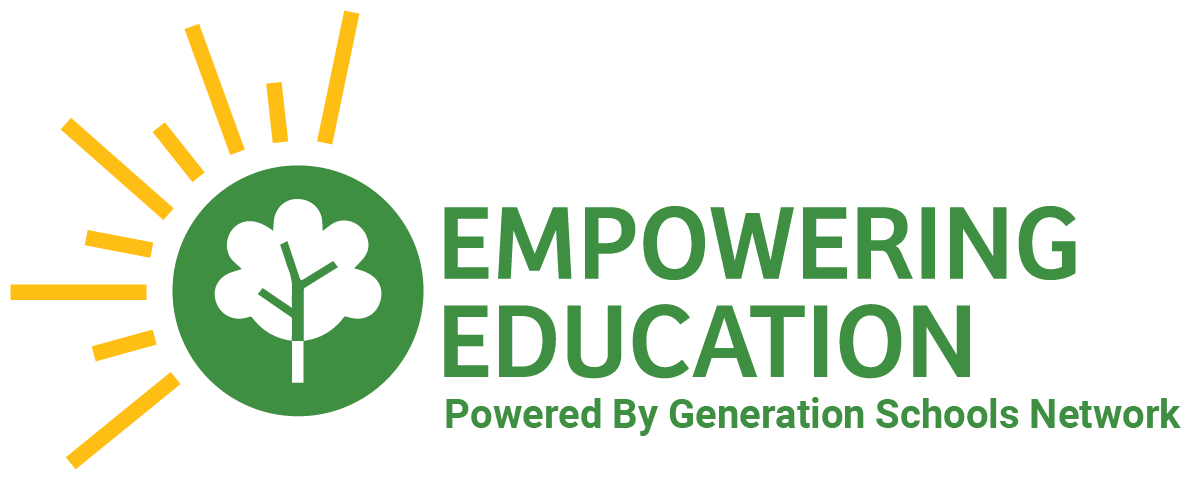Locked Content
Unlock this lesson plan by becoming a paid member. Existing members, please log in.
Students will understand the relationship between thoughts, behaviors, and
emotions.
By the end of the lessons, students will be able to:
- Understand the connection between their thoughts, emotions, and
behaviors - Identify methods for managing emotions through social-emotional skills learned this school year
Behavior is directly related to thoughts and emotions. When students feel or think negatively, they often behave accordingly. When students feel and think positively, their behaviors reflect this in the classroom and at home. Understanding the triad of thoughts, feelings, and behaviors and how changing one of the three can
change the others, ties together many of the skills and ideas taught in this program.
The lesson starts with a mindful moment in which students release tension by pushing down on their chairs, pulling up on their chairs, and then letting their arms dangle. Next, you review big ideas and topics from the course of the school year. The Munchy and Jumpy story then explicitly teaches students the idea of thoughts,
emotions, and behaviors being connected. Students are then split into groups and scenarios are read. Each group is assigned a role (thoughts, behaviors, or emotions) and explains how they would respond to the situation. Students end by drawing a picture in their journal of how they would respond to a situation.
Start with the Mindful Moment, review concepts through the introduction, and then read the Munchy and Jumpy story. For both live and recorded the activity will be challenging virtually so instead have students complete the additional activity coloring in a thought, behavior, and emotion coloring sheet.
For the Mindful Moment, have students turn on their cameras so they can see their classmates participating.
For the introduction, review the main concepts using these terms:
- Coping Skill: something we can use to help us calm down and feel better.
- Growth Mindset: The ability for our mind to grow with hard work.
- Self-Talk: How we talk to ourselves in our heads. Keep it positive!
CASEL Competencies
Self-awareness: The abilities to understand one’s own emotions, thoughts, and values and how they influence behavior across contexts. This includes capacities to recognize one’s strengths and limitations with a well-grounded sense of confidence and purpose.
Self-management: The abilities to manage one’s emotions, thoughts, and behaviors effectively in different situations and to achieve goals and aspirations. This includes the capacities to delay gratification, manage stress, and feel motivation & agency to accomplish personal/collective goals.
Responsible decision-making: The abilities to make caring and constructive choices about personal behavior and social interactions across diverse situations. This includes the capacities to consider ethical standards and safety concerns, and to evaluate the benefits and consequences of various actions for personal, social, and collective well-being.


